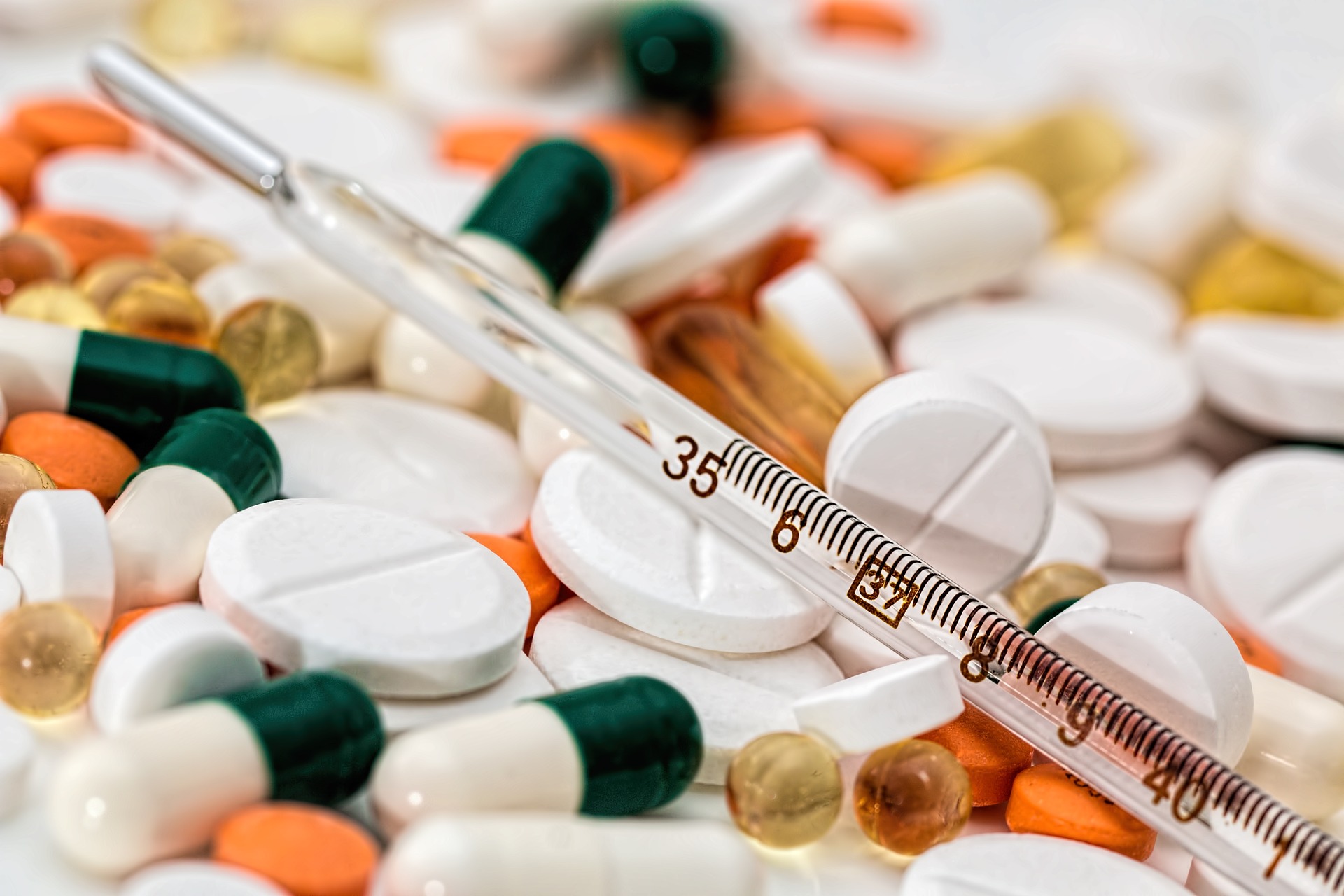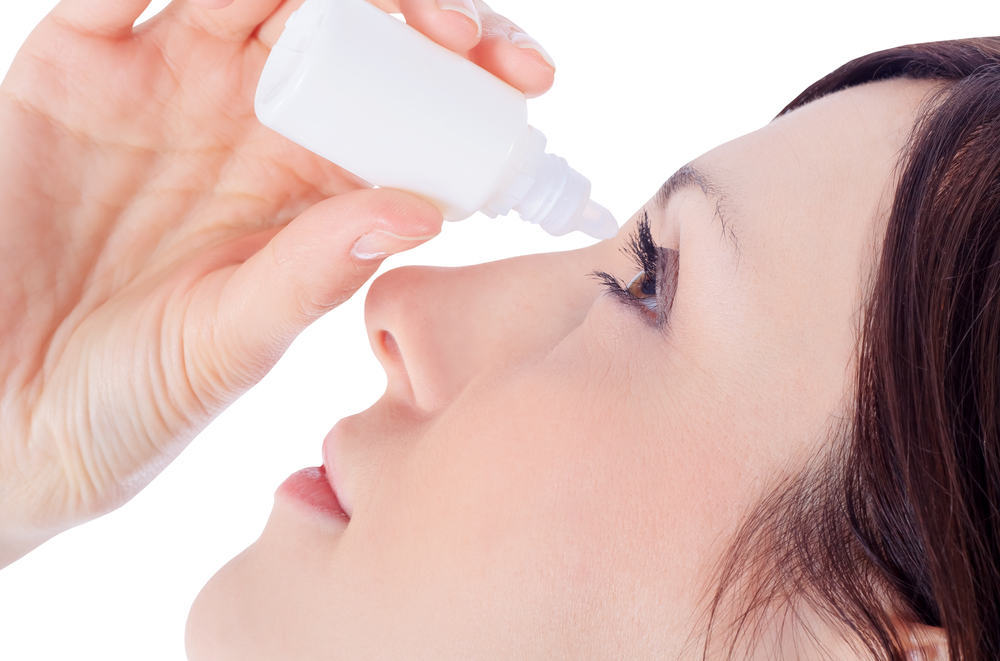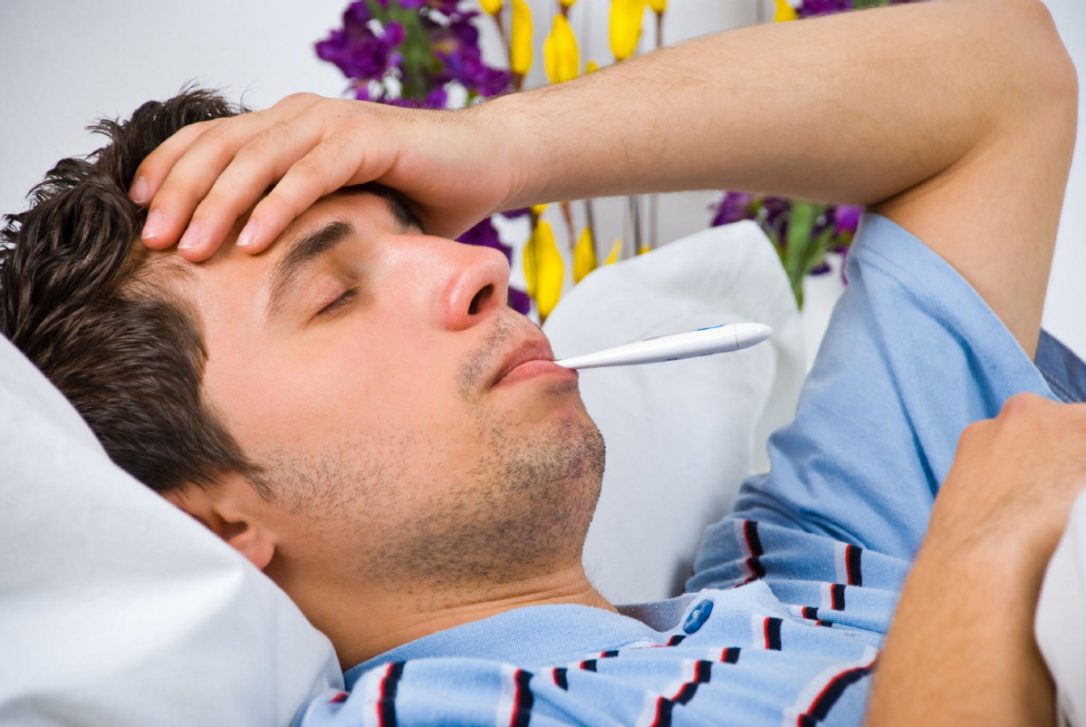Contents:
- Medical Video: What are the signs and symptoms of an opioid overdose?
- The most common and easily recognized symptoms of drug overdose
- Specific symptoms according to the type of drug
Medical Video: What are the signs and symptoms of an opioid overdose?
Drug overdose is not always related to drugs. The use of medical-purpose drugs can also cause this. Overdose can occur suddenly when someone drinks high doses at a time, or with a low dose gradually so that over time the drug substances accumulate in the body. Drug overdose is a medical emergency. So, what are the symptoms of drug overdose?
The most common and easily recognized symptoms of drug overdose
Drug overdose can have a variety of effects on each person, depending on the condition of the person's body, the type of drug, and the dose taken.
In general, the symptoms include:
- Drastic changes to the body's vital signs. For example, body temperature decreases or rises dramatically suddenly; heart rate suddenly weakens or even irregularly throbs; blood pressure drops dramatically or rises sharply. Usually, something related to a problem with vital signs can be life threatening.
- Breathe short and hurry; difficulty breathing; or the breath actually slows down.
- Nausea.
- Gag; some can vomit blood.
- Abdominal cramps.
- Diarrhea.
- Dizzy.
- Lost balance.
- Confusion; dazed.
- Unbearable drowsiness.
- Cold and sweaty skin, or it feels hot and dry.
- Chest pain, usually caused by damage to the heart or lungs.
- Lost consciousness; hallucinations; seizures; coma.
Specific symptoms according to the type of drug
Each different drug will cause different symptoms of overdose. Symptoms of excessive drug dosages that are specific to the type of drug are:
- Antidepressants: dilated pupils, shortness of breath, weak or fast pulse, sweaty skin, and coma.
- Hallucinogens: delusions or delusions, hallucinations, seizures, until unconsciousness.
- Inhalants: seizures and unconsciousness can cause death.
- Marijuana: paranoid, excessive fatigue, delusions and hallucinations.
- Narcotics:wrinkled skin, convulsions, shortness of breath, to coma.
- Stimulants:fever, hallucinations, seizures, agitation (excessive motor activity due to feeling tense), and can cause death.
If after taking certain drugs, you or other people experience the symptoms above, immediately go to the nearest hospital to get the right treatment. Intake of drug that is outside the body's tolerance limits can be dangerous and life threatening.
One does not need to show all the signs above to be classified as overdose. Just experiencing one or two symptoms can still mean they need emergency help.












